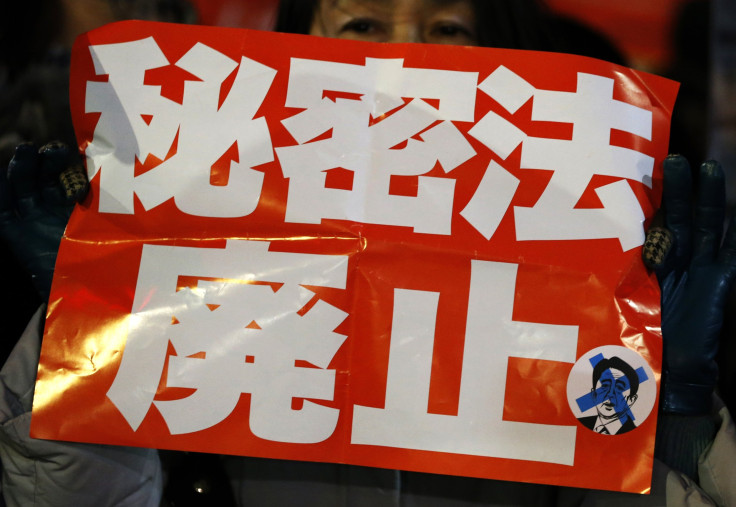Japan Considers MI6-Inspired Foreign Intelligence Agency: Report

Japan is considering the creation of an overseas intelligence agency that could possibly be modeled on Britain’s MI6, Japanese lawmakers said, according to Reuters. The move, which comes over 70 years after its military forces were dismantled following Japan’s defeat in World War II, is part of Japan’s shift toward more autonomy in national security.
The issue has become contentious after the Islamic State group's killing of two Japanese captives earlier this year led to strong criticism of Japan’s intelligence apparatus when it had to rely on Turkish and Jordanian intelligence, according to consulting firm Stratfor. The new intelligence agency would be a critical part of Shinzo Abe’s proposal for a new Japanese security system, which was shut down by the Allies after Japan's defeat in World War II, leaving the country reliant on foreign powers for its defense.
"To become a normal country, an intelligence agency is vital," Takushoku University professor Takashi Kawakami told Reuters.
Abe has already instituted a National Security Council modeled off the U.S. security system. And when asked in parliament whether a new spy agency is in the works, Abe reportedly said the government would research the issue before taking a decision.
“In an age when we don't know when or where Japanese lives will be at risk... We need to collect more overseas information," Liberal Democratic Party (LDP) lawmaker Takeshi Iwaya told Reuters. Legislators in Abe’s LDP reportedly say they aim to draft proposed changes in autumn, after scheduled visits from countries such as Britain.
Japan’s existing intelligence services are split among five organizations and employ about 4,400 people, but they are reportedly poorly organized and lack the ability to share intelligence. The National Police Agency (NPA), which oversees domestic law enforcement, counterterrorism and transnational criminal policing, is seen as the most powerful agency.
“The NPA is very influential in the Abe government and Japanese bureaucracies," an anonymous security expert told Reuters.
Japanese citizens are also reportedly wary of empowering the security apparatus, given Japan’s history of an unaccountable wartime intelligence agency. Abe’s ratings fell after he reauthorized a law in 2013 that tightened protections on state secrets, in a move that was praised by the U.S. but was widely condemned at home.
"If information about our jet fighters or warships were leaked, it would endanger Japan," Abe said in a televised address at the time, NPR reported. "To protect lives, we must prevent intelligence from reaching terrorists. To secure life and property, we had to enact the secrecy law as quickly as possible."
© Copyright IBTimes 2024. All rights reserved.





















